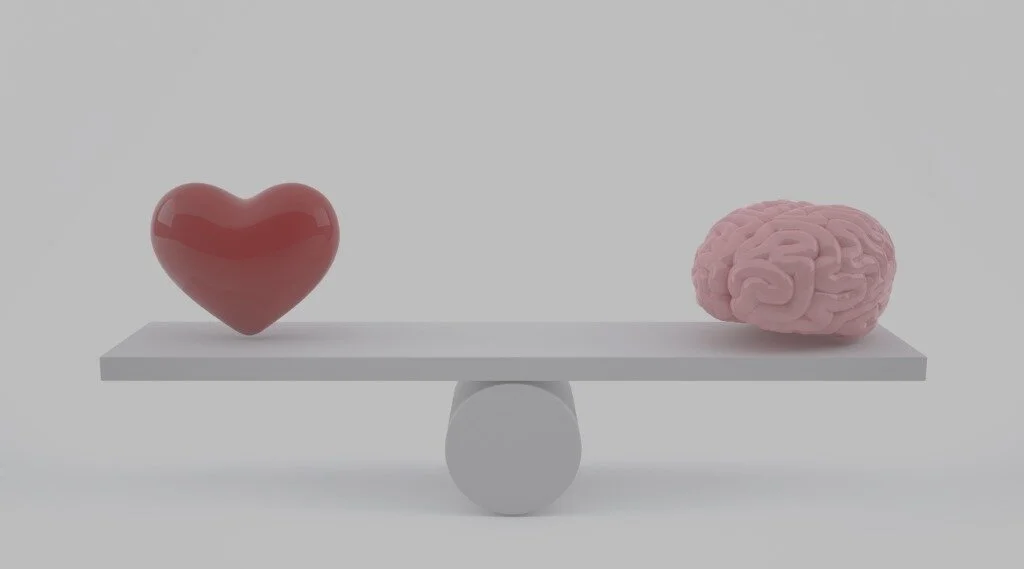
Anxiety
-
Overview
Anxiety disorders are one of the most common concerns that we encounter. Perhaps the most well established treatments in the field of psychology are for anxiety. Anxiety is a part of the human condition, but we have robust strategies for reducing symptoms and decreasing the negative impact that anxiety can have, whether at school, activties, home, or social settings.
-
General Anxiety & Worry
Everyone worries and gets anxious. When the anxiety starts to interfere with a person’s ability to engage in important activities or causes significant distress, it’s worth seeking treatment. We draw from a range of strategies, especially Cognitive-Behavioral (CBT) and Acceptance and Committment Therapy (ACT), that we modify to be developmentally appropriate and adapted to the needs of the individual.
-
Obsessive Compulsive Disorder (OCD)
The standard of care for OCD typically involves a CBT approach known as Exposure and Response Prevention (ERP). When it comes to treating youths with OCD, we aim to get creative and playful so that we can teach the skills in ways that young people find engaging. We favor an approach that involves caregivers as primary supports in the treatment delivery.
-
Social Anxiety
Social anxiety can show up in a variety of ways, whether more generally or only in specific situations. Social anxiety can even be expressed as selective mutism or school avoidance. Children with shy temperaments are more likely to develop social anxiety. Social anxiety tends to respond to Cognitive-Behavioral (CBT) strategies, and treatment tends to be most effective when caregivers are closely involved.
-
Specific Phobias
One of the most common phobias is emetaphobia, or fear of vomiting. This can have a big impact on a child’s life!. Thankfully, we have effective strategies to treat emetaphobia. Other types of phobias that we commonly see include needle phobia, dog phobia, fear of public restrooms, and fear of the dark. Phobias tend to respond well to treatment, which we try to make as fun as possible!
-
Parent Involvement
Parents and caregivers are usually an integral part of anxiety treatment. We work with parents on how to best support their anxious child or teen in ways that can lead to improvement of symptoms. As part of this, we offer SPACE (Supportive Parenting for Anxious Childhood Emotions), a type of CBT / exposure-based treatment for childhood anxiety.
